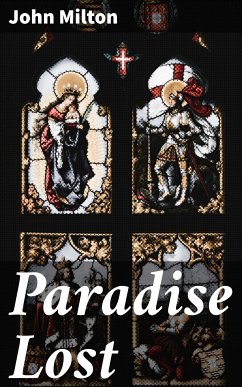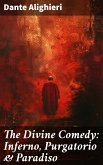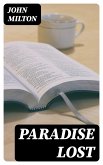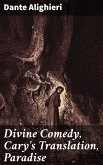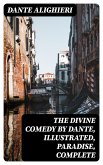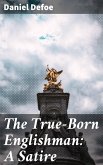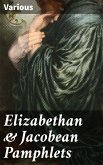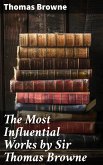In "Paradise Lost," John Milton crafts an epic poem that delves into the profound themes of free will, redemption, and the human condition through the biblical story of the Fall of Man. Written in blank verse and showcasing Milton's adept command of classical allusions, the poem explores the complex characters of Satan, Adam, and Eve, inviting readers to grapple with the moral implications of their choices. Set against a backdrop of cosmic battles between good and evil, the narrative is both a rich tapestry of theological inquiry and a poignant exploration of the struggle for human agency within divine predestination. John Milton, a fervent advocate for individual liberty and an accomplished poet, penned "Paradise Lost" during a period marked by political upheaval and religious contention in 17th-century England. His blind condition later in life intensified his profound reflections on vision and clarity, allowing him to envision a story where knowledge and ignorance play critical roles. As a believer in the power of human reason, Milton'Äôs personal journey and ideological convictions deeply influenced this landmark work of literature. Recommended for anyone seeking a deeper understanding of the moral complexities of existence, "Paradise Lost" remains a seminal text that challenges and enlightens. Its rich language, intricate characterizations, and thematic depth provide a rewarding experience for both seasoned scholars and casual readers alike, inviting exploration and reflection on the eternal questions of faith, duty, and the nature of evil.
Dieser Download kann aus rechtlichen Gründen nur mit Rechnungsadresse in A, B, BG, CY, CZ, D, DK, EW, E, FIN, F, GR, H, IRL, I, LT, L, LR, M, NL, PL, P, R, S, SLO, SK ausgeliefert werden.

